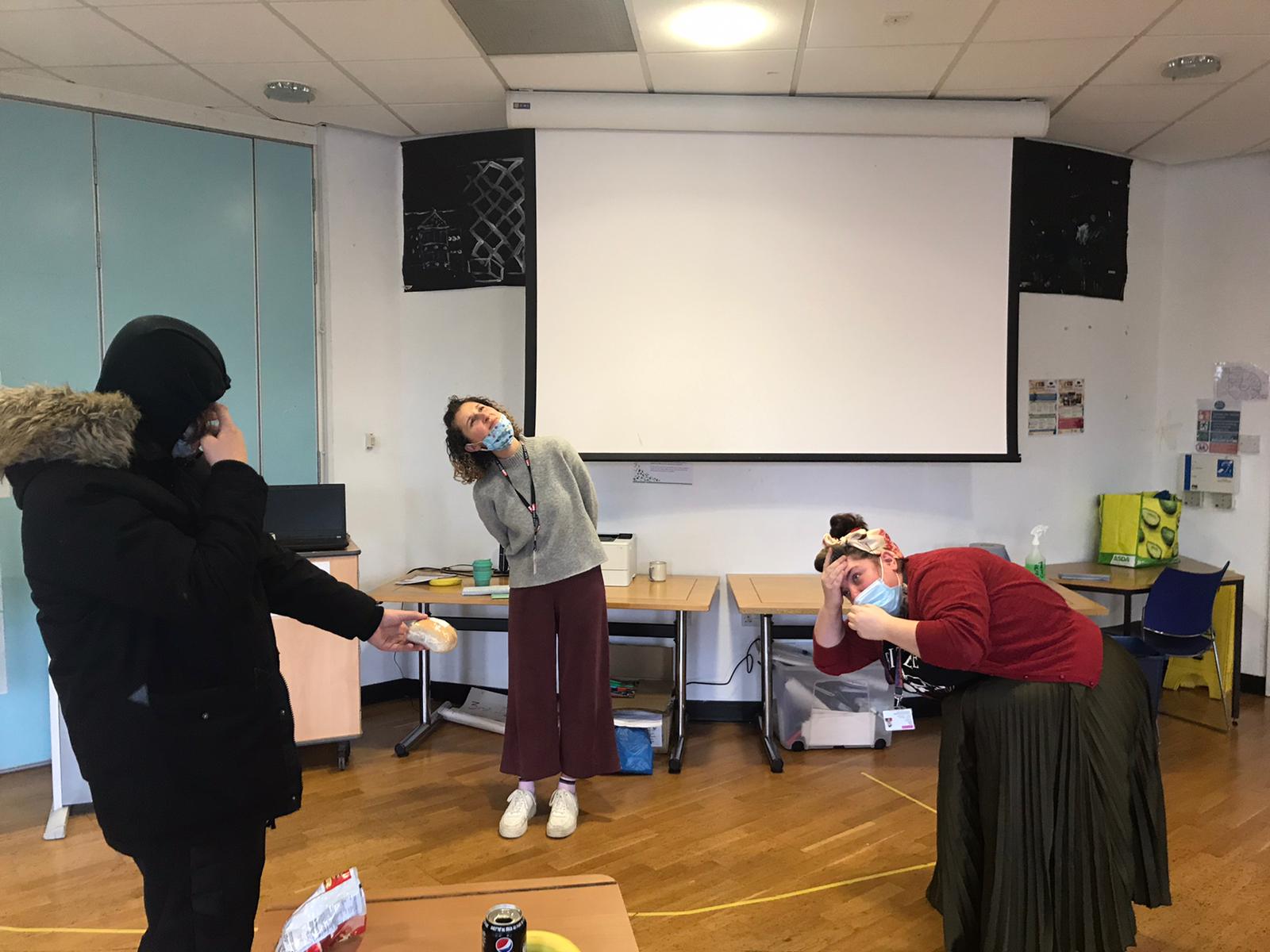
Delivering Arts Award with refugees and Asylum-Seeking Children

BY: Amy Lee
15 Aug 2022
With the ongoing conflict in Ukraine, we understand that more centres are supporting young refugees and Unaccompanied Asylum-Seeking Children (UASC). Arts Award is a good choice of qualification for young people in such circumstances as it offers an accessible and flexible framework which can cater to their unique needs. It can also provide opportunities to learn about the young person’s new culture through the arts, and at the same time celebrate the culture of the country they have left. This blog outlines top tips for delivering Arts Award to young refugees and/or UASC:
Language barriers
Arts Award is only available in the UK and therefore resources and guidance produced by Trinity are written in English, with some resources written in Welsh. However, we understand that many young refugees and UASC will not speak English as their first language. A way around this is delivering entirely in the group’s native language, if possible, including evidencing (making sure you translate into English for assessment and in case you're selected for moderation). You can also try evidencing in different ways: using photographs, drawings, and illustrations to depict their learning journey instead of writing. Get creative, and it may even help your young people learn English.
Witness statements
Witness statements provide a useful form of evidence, particularly with young people who have limited spoken English or literacy skills. They can be used to document progress and responses to activities over a period of time, and can be written by an adviser, a parent, a guardian or any supporter who knows the young person well. Please make it clear in the portfolio who has written the witness statement.
Cultural awareness
Arts Award can also help young refugees or Unaccompanied Asylum-Seeking Children understand their new culture, whilst paying homage to the culture of the country they are seeking refuge from. For example, Nupur Arts Dance Academy in Leicester, have been delivering Arts Award since 2014, developing young talent, artists and audiences for South Asian dance, whilst helping young people into careers in the creative industry. Furthermore, Art Classes Group worked with young refugees in Slough, allowing the older children to explore ideas about their culture and their passions in paintings on large canvases.
Teamwork
Working in a team can help increase confidence, productivity and allow young people to share creative ideas, which will make evidencing much easier. Why not create a group project, where the young people are all working towards the same goal, whether it’s creating a piece of artwork or all meeting the same practitioner? It will help young refugees and/or UASC to feel part of something meaningful, whilst learning new skills. They will also likely make new friends and learn from each other.
Arts Award Access Fund
We’d also recommend applying for the Arts Award Access Fund if you are likely to require funding for your work. We provide grants of between £100-£1500 to selected Arts Award centres working on Arts Award projects with young people who face barriers to access and inclusion. We welcome applications from any registered Arts Award centres in the UK and the money can be used to fund the qualification fees, arts logs and even translators and specialist equipment. An extensive list can be viewed on the Arts Award website. Applications for the next round open on Monday 5 September with a closing date of 5pm on Friday 7 October 2022.
We hope these tips help you with delivering Arts Award to young refugees and/or UASC – if you need further support you can reach out to us directly at ArtsAward.Enquiries@trinitycollege.com


.jpg)

Comments & Replies